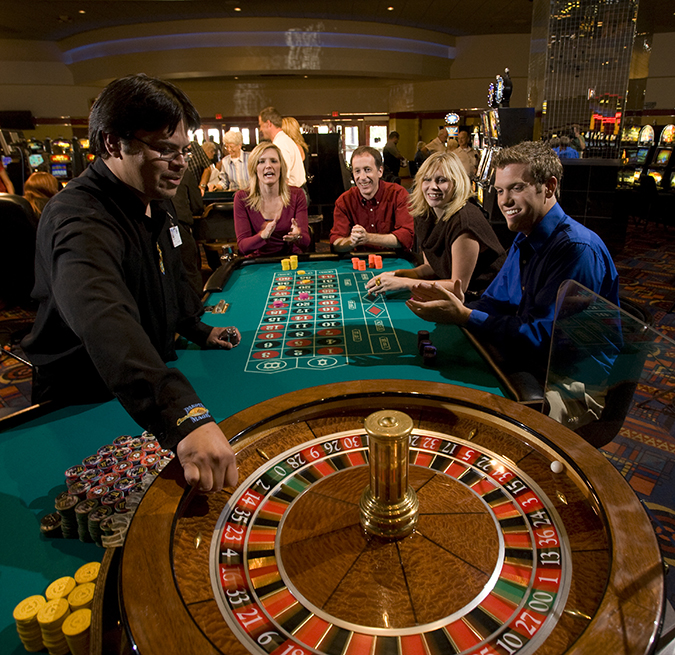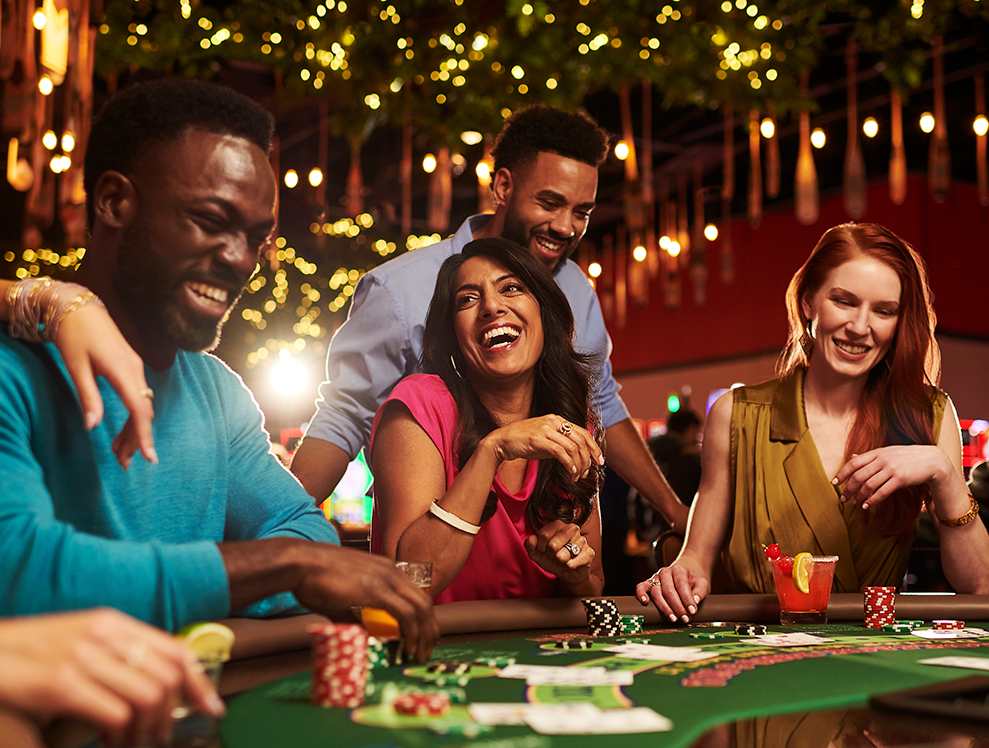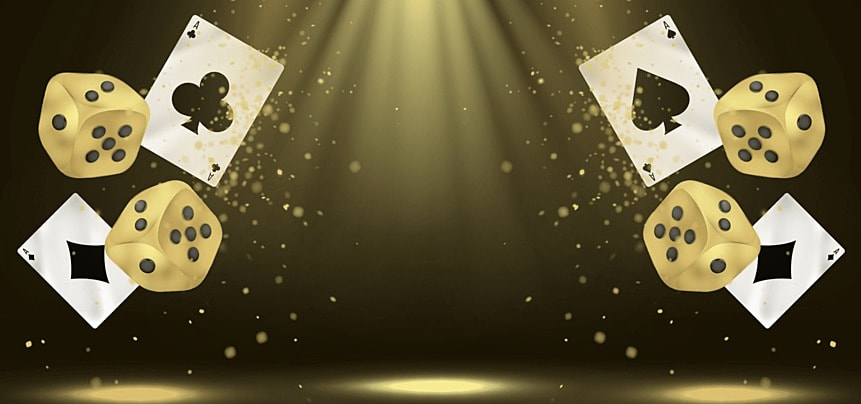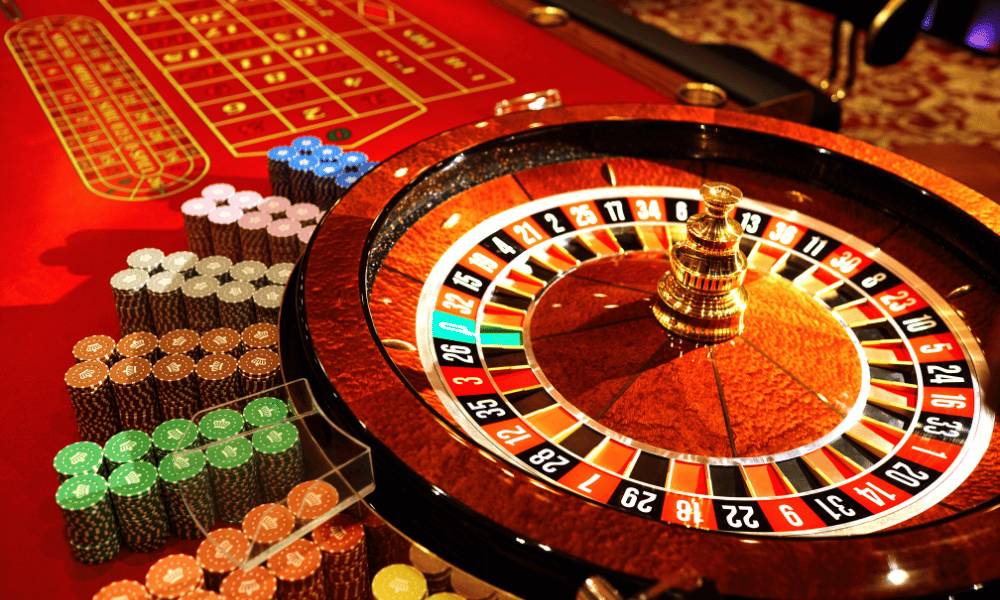Fantasy as a Feature, Not a Flaw
Casinos do more than provide the chance to win money – they sell dreams. For many, gambling becomes a narrative device in their lives, offering hope, excitement, and the fantasy of transformation. At the heart of this experience lies a powerful psychological mechanism: the use of imagined wins as a form of escape.
Players don’t just play for money. They play for the possibility of a different life, an alternate reality in which their problems disappear with a single spin, a single hand, a single jackpot. Platforms like log on stake-casino-greece.gr understand these motivations and aim to foster responsible engagement while acknowledging the very human dreams that accompany the act of placing a bet.
In this article, we will explore why winning in the mind often becomes more addictive than winning in reality, and how fantasy fuels sustained gambling behavior.
The Psychology of Fantasy Projection
The Role of Imagination
Human brains are wired for imagination. In gambling, this means that the mere possibility of winning activates mental movies: paying off debt, buying a house, quitting a job, living a glamorous life. These fantasies are vivid and emotionally charged, often more rewarding than the games themselves.
Escapism vs. Entertainment
While casual players gamble for fun, others use the experience as an escape route. The idea isn’t simply to win money – it’s to win freedom, status, and emotional relief. This deep-rooted escapism can become the foundation for long-term gambling habits.
Neuroscience of Hope and Reward
Dopamine Beyond the Win
Neurological studies show that dopamine – the brain’s reward chemical – is often released in anticipation, not just during reward. This means fantasizing about winning can chemically feel almost as good as winning itself.
Anticipation as Reward
Players frequently return not to chase previous wins, but to chase the emotional high that comes with imagining new ones. This feedback loop can perpetuate play even when actual outcomes are consistently negative.
Common Fantasy Narratives in Gambling
The Rags-to-Riches Dream
One of the most common narratives is the overnight transformation from poor to rich. This dream is culturally reinforced by media, films, and success stories.
Escape from Daily Struggles
For those facing hardship – financial, relational, or emotional – winning becomes the ultimate fantasy of liberation. Gambling offers the illusion of a shortcut to freedom.
Heroic Redemption Arc
Some players imagine using gambling winnings to make amends, support family, or become a provider. This fantasy intertwines morality with financial fortune.
Insights from Experts
Dr. Isidora Manolis, Addiction Specialist
“For many problem gamblers, it’s not the money but the life they believe money will give them that sustains the habit. These alternate lives are psychologically safer and more appealing than their real circumstances.”
Andreas Vlahos, Platform Analyst
“We’ve found that engagement increases when users are invited to imagine rewards. Promotions and gamified elements are designed with an understanding of how fantasy plays into the gambling experience.”
Fantasy Reinforcement by Casino Design
Visual Symbols of Wealth
From gold coins to treasure chests and luxury-themed slots, casinos reinforce fantasy imagery. These aren’t just visual effects – they are psychological triggers.
Storytelling Mechanics
Modern casino games include narratives – quests, bonus journeys, and leveling systems – that mirror role-playing games. This blurs the line between gambling and fantasy gaming.
Case Studies and Testimonials
Michalis, 42, Piraeus
“I wasn’t playing for the thrill. I played because in my mind, I was already living the life I’d have after the win. It was the only thing that felt real.”
Elina, 30, Rhodes
“Every time I clicked to spin, I imagined walking into a better apartment, telling my boss I quit. That fantasy kept me going longer than any bonus round ever did.”
When Fantasy Turns Harmful
Disconnection from Reality
As players invest more emotionally into fantasy, real-life responsibilities and relationships may suffer. Bills get ignored, sleep patterns erode, and social withdrawal can follow.
Identity Confusion
When players consistently imagine themselves as wealthy or transformed through gambling, they may begin to resent or reject their current self-image, leading to inner conflict.
Cultural and Societal Amplifiers
The Myth of the Big Break
Culturally, many societies romanticize the concept of a lucky break. Stories of lottery winners, lucky streaks, and underdogs reinforce the idea that anyone can win big and transform their life.
Media and Influencers
Online influencers and streaming gamblers often project glamorous lifestyles funded by wins, feeding the viewer’s fantasy that they could do the same.
Fantasy as a Coping Mechanism
Avoiding Uncomfortable Realities
People often turn to gambling when facing stress, trauma, or dissatisfaction. The fantasy of winning offers psychological distance from these burdens.
A Substitute for Real Progress
Instead of taking actionable steps toward a better life, the idea of a sudden windfall becomes an emotional crutch. This prevents real development and creates dependency.
Breaking the Fantasy Loop
Mindfulness and Realistic Framing
Teaching players to recognize fantasy thinking and reframe their gambling behavior as entertainment rather than transformation is key to reducing harm.
Data Transparency
Sites can provide honest win/loss summaries and average outcomes. Confronting the numbers can help interrupt unrealistic expectations.
Responsible Engagement Strategies
Reality Check Pop-ups
Timed messages that ask players reflective questions like “What are you hoping to achieve tonight?” or “Is this goal realistic?” can introduce moments of clarity.
Linking Rewards to Real Life
Instead of in-game fantasy rewards, platforms can offer real-world perks – like meal discounts or vacation raffle entries – to ground player motivation in achievable benefits.
Support Tools and Community
Peer Support Forums
Encouraging players to share not just wins but motivations and emotional experiences can create solidarity and awareness around fantasy-driven behavior.
Expert Counseling Access
Integrating live chat with trained therapists or providing access to resources about escapism can help players process the root causes of their gambling habits.
Conclusion: Grounding the Dream
Fantasy will always be part of gambling. It’s what makes it thrilling, emotional, and deeply human. But unchecked, it can lead players down a path where imagination replaces reality – and dreams become traps.
Platforms are evolving to meet this challenge. Through tools that promote self-awareness, transparency, and emotional literacy, they aim to ensure that while players dream, they also stay grounded.





